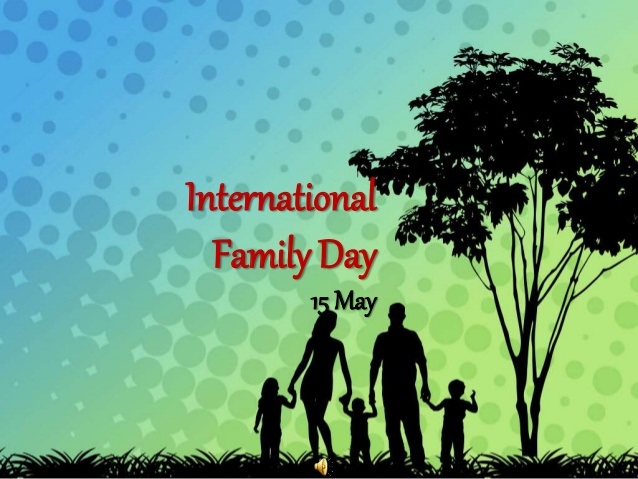
(Asian independent) May 15th is recognized as ‘International Day of Families’ each year, established by the United Nations in 1993 to raise awareness about the importance of families in society. This day highlights the crucial role of family in shaping individuals and society. It highlights the importance of strengthening family bonds globally and reminds us of the various roles’ families play in nurturing relationships, promoting education, and fostering sustainable development.
Canadian provinces Alberta, Ontario, Saskatchewan, New Brunswick, and British Columbia commemorate Family Day on the second Monday of February. This day is also Louis Riel Day in Manitoba, Islander Day in PEI, and Heritage Day in Nova Scotia. South Africa, Arizona, the Australian Capital Territory, and Vanuatu also mark Family Day. Family Day in Canada is famous. It falls on US Presidents Day. Family Day is bigger than Father’s Day or Mother’s Day, but it has yet to become a worldwide phenomenon.
The theme for the International Day of Families in 2025 is as follows:
Each year, the ‘International Day of Families’ highlights a special theme that emphasizes the value of family life. This year’s theme focuses on ‘Family-Oriented Policies for Sustainable Development,’ showcasing key insights from national and regional initiatives and highlighting families’ roles in achieving the 2030 agenda for sustainable development.
Last year’s themes were ‘Families and Climate Action,’ ‘Families and Social Protection,’ and ‘Families and Sustainable Development Goals,’ prompting families to reflect on their roles in global issues. These themes are relevant and timely as they tackle mental health, gender equality, and economic sustainability—all essential for strengthening family relationships.
Family Challenges
Every family faces unique hardships and challenges shaped by their region and culture. Families frequently encounter financial challenges that impact their quality of life. Poverty can hinder children’s school attendance, impacting their development. In some regions, conflict and war displace families, making it challenging for them to stay connected and stable.
Single-parent culture has created new family dynamics. Single parents face challenges in balancing work, lifestyle, and caring for their child. These challenges often come with societal pressures and social criticism.
Communities and organizations unite today to raise awareness about family well-being and call on lawmakers to implement supportive social policies. Education, healthcare access, financial security, and emotional support are essential for families to thrive. Prioritizing work-life balance fosters a healthy environment for children and parents, which enhances family well-being.
Parents are a child’s first teachers, providing essential life skills, values, and knowledge that lay the groundwork for future success. In Canadian culture, the bond between parents, children, and grandparents is enduring. They pass traditional knowledge, values, and wisdom from one generation to another.
In Canada, parents are expected to actively engage in their children’s education by attending school meetings and participating in school events. In Kenya, parents mainly focus on financial support and attending meetings. Research shows that broadening engagement can improve education quality. It guarantees the child receives support and knowledge from both school and home. It enables children to thrive academically.
Final thoughts
The International Day of Families is a chance to celebrate and strengthen our family bonds, whether through policies or simple love and care. We need to support families everywhere. The core of a thriving society is a healthy, happy family.








